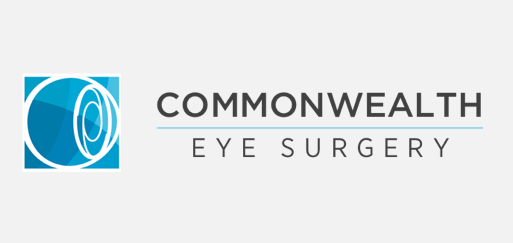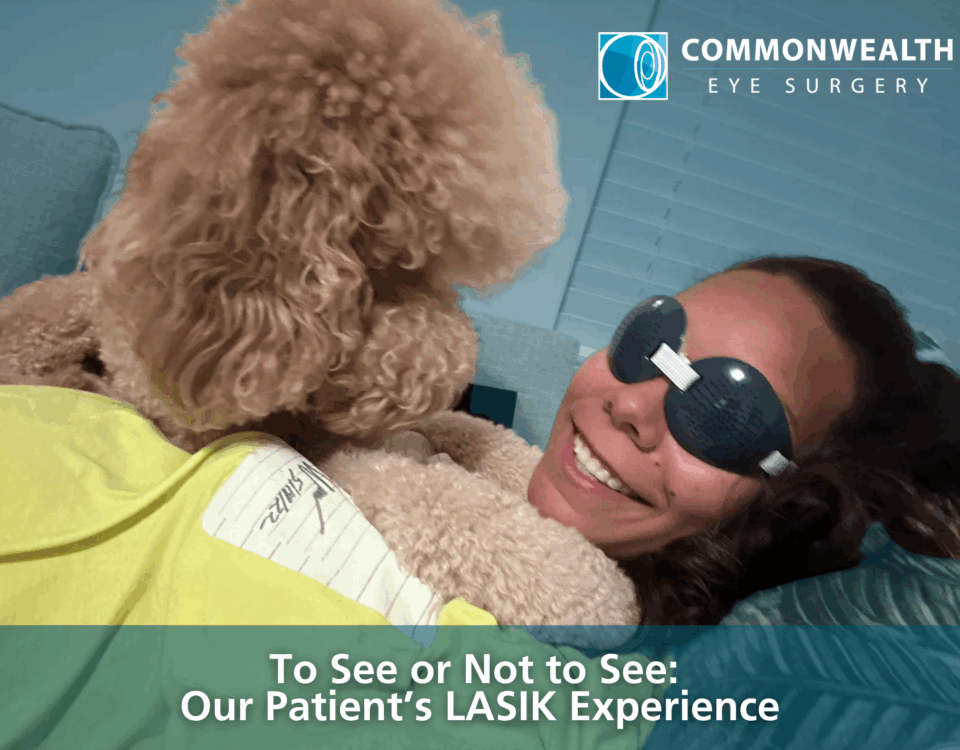
Who’s at Risk for Glaucoma?
August 14, 2013
Back to School Feature: Keeping Your Eyes Healthy
September 1, 2013Have you found out that you’re not a candidate for LASIK? It’s not the news you wanted to hear. We understand how you feel and are happy to inform you that you still have options.
Photorefractive Keratectomy or PRK is an excellent vision solution for people who don’t qualify for LASIK. It’s designed for patients with excessively thin corneas because we don’t have to create a flap during the eye surgery procedure. We simply remove a circle of surface epithelium. The laser then reshapes the underlying corneal tissue just as in our LASIK patients. PRK patients, however, take longer to recover good vision as the surface cells take 3 to 7 days to regenerate, and then the surface remodels with further healing: typically vision is good at one month postoperatively and identical to LASIK patients vision results in three months. Due to the slower recovery and normal fluctuations in vision, Dr. Ferguson typically performs PRK on one eye at a time. Generally speaking, final visual outcomes are typically the same as LASIK in 3-6 months.
Visian ICL and Refractive Lensectomy are additional LASIK alternatives. Patients who are not candidates for LASIK or PRK now have the option of the Visian Implantable Collamer Lens (ICL), a prosthetic lens that’s inserted inside the eye in front of the crystalline (natural) lens. These lenses correct for nearsightedness but don’t compromise the patient’s ability to read, nor do they cause loss of contrast and or clarity. This is the only refractive surgical procedure that is reversible.
Refractive Lensectomy is ideal patients who are over 45 years of age and are starting to experience the normal aging process of the eye called presbyopia but are not a candidate for LASIK or PRK. This type of eye procedure involves the removal of the natural crystalline lens of the eye and replacement with an intraocular lens implant, or IOL. It is identical to cataract surgery with the exception that the lens has not yet clouded to become a cataract. The benefit of going the route of the refractive lensectomy is that it will negate the need for future cataract surgery since the natural lens will already be removed.
At Commonwealth Eye Surgery we believe in careful, individualized planning to make sure that our patients understand the risks and benefits of each procedure. Again, the best procedure is the one that is best for you!




